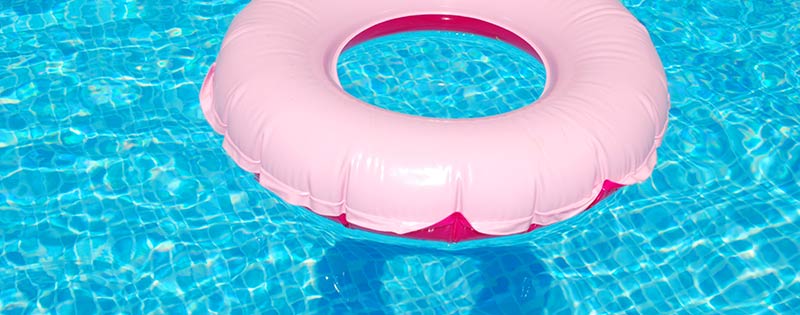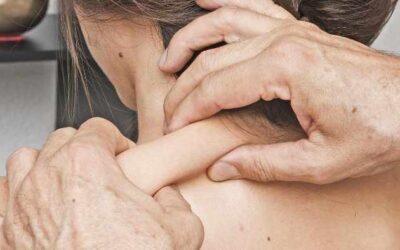by Brent Hearn •
There’s a lot to love about summertime – long, lazy days of freedom, vacations, summer camp, gardening, picnics, sports, and recreation. But summertime has its challenges, too. Sometimes it can get really, really hot. And all that heat brings with it some serious safety concerns.
Good news, though—we’re here with a few summertime safety tips! This is not by any means meant to be an exhaustive list but following these few bits of advice can better the odds that you and your family will remember this summer for all the right reasons.
Stay Hydrated.
We really can’t stress this one enough. It’s vital to stay hydrated, and the best way to do that is to drink enough water—and don’t wait until you’re thirsty. If you’re thirsty, you’re already a bit dehydrated.
And while sports drink marketing might have us believe that you’re in desperate need of replacing electrolytes lost during exercise, it’s best to take those claims with a grain of salt. (Yes, we’re proud of ourselves for that one.) While it’s true that sports drinks can be valuable for those who are exercising strenuously for a longer period of time, water is fine for easy to moderate exercise for a short duration. Many sports drinks are heavy on the sugar, too, so that’s another reason not to overdo them.
When you do need electrolytes, it might even make a difference which one you’re consuming. Those muscle cramps you’ve been treating with a banana? The deficiency responsible may be salt rather than potassium. According to Christina Fasulo, a dietitian with Cedars-Sinai:
People think that muscle cramps come from magnesium and potassium deficiencies, when most of the time it’s from losing salt through sweat. Instead of just eating bananas when you’re cramping, try getting sodium in your body.
Learn more about dehydration in this article from Cleveland Clinic.
Wear Sunscreen.
It turns out that Baz Luhrmann was right. (If you don’t know what we’re talking about, go listen to the 1999 hit “Everybody’s Free to Wear Sunscreen” as soon as you’ve finished reading this article. It’s a bop.)
Yes, there’s ongoing research about some of the chemicals found in some sunscreens. Yes, darker skin has some natural protection from the sun. But at the end of the day, the FDA still recommends using sunscreen:
Sun safety is important for everyone, including people of all skin tones. Consumers should continue to use sun protection measures, including using broad spectrum sunscreen of SPF 15 or higher, as we gather more safety data on sunscreen ingredients.
Have a Plan to Stay Cool.
Air conditioning is a beautiful, beautiful thing. (You never realize exactly how exquisite that cold air is until you need it and don’t have it.) It’s extremely important to have a plan to stay cool in case your air conditioning takes a summer break of its own. This is especially important for those who are elderly or otherwise at risk during extreme weather. For a list of items to have ready during a heat wave, check out this list from the AARP of items to keep in a heat wave emergency kit.
One big “don’t” if your air conditioning goes out: Don’t use an electric fan when the internal air temperature is over 95°F. If the air temperature is hotter than your body temperature, a fan can cause your body to gain heat rather than lose it.
Sources:
Heat Wave Safety | Heat Exhaustion Safety | Red Cross
Dehydration: Causes & Symptoms
What are Electrolytes? | Cedars-Sinai
HEAT WAVE EMERGENCY KIT – Create the Good
An update on sunscreen requirements: The deemed final order and the proposed order | FDA









 ▶︎
▶︎  Why is the Discount Challenge prize amount $15,024? Because that is the average “per-occurrence” fine for Medicare inducements. That’s not $15,024 per patient, that’s not per provider, that’s PER VISIT. Stinks, doesn’t it? To us, the prize amount is worth the investment if we can help our profession better understand proper discounting.
Why is the Discount Challenge prize amount $15,024? Because that is the average “per-occurrence” fine for Medicare inducements. That’s not $15,024 per patient, that’s not per provider, that’s PER VISIT. Stinks, doesn’t it? To us, the prize amount is worth the investment if we can help our profession better understand proper discounting.